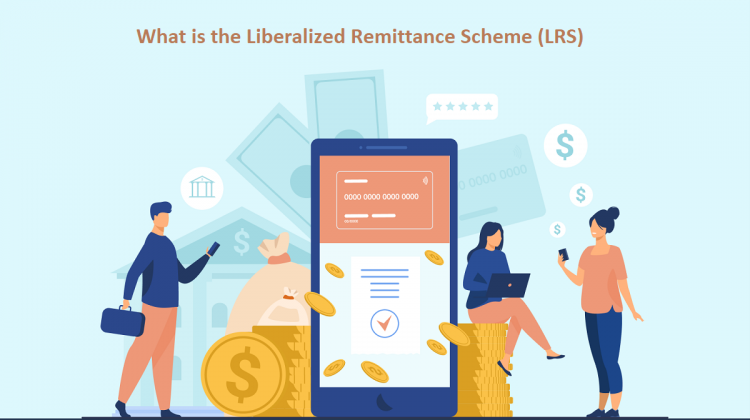What is the LRS?
Prior to 2004, Indian residents required approval from the reserve bank of India (RBI) every-time they sent money overseas because the RBI wanted to limit capital outflow. The RBI was concerned that excessive outflow of cash would destabilize the rupee and make it lose value.
The RBI feared that if everyone starts selling rupees and buying USD, the worth of the rupee would fall and therefore the value of the dollar would increase. Since India’s economy heavily relies on foreign imports which are paid in USD, the costs of everyday goods would go up and destabilize the economy.
However, the RBI realized that open cross-border flow of capital is vital for economic growth. Therefore, in 2004 the RBI instituted a new policy to relax cadivital outflow control. This new policy is named the Liberalized Remittance Scheme (LRS). Under the LRS, individuals can send money across borders without seeking approval from the RBI. The LRS has made it easier for Indian residents to study abroad, travel, and make investments in other countries.
Capital account transactions permissible under LRS
Following are the LRS permissible capital account transactions:
- Starting of foreign currency account abroad with a bank
- Acquire property abroad
- Making investments abroad
- Setting up wholly-owned subsidiaries and joint ventures outside India
- Extending loans involving loans in Indian rupees to NRIs relative as defined in Companies Act, 2013.
Permissible accounting transaction under LRS
Following are the LRS permissible accounting transactions:
- Private visits to any country
- Tour related expense
- Gift/donation to person resident out of India
- Going abroad on employment
- Emigration
- Maintenance of close relatives abroad
- Business trips abroad
- Medical treatment abroad
- LRS not permissible if an employee deputed out of India
Other expenses and remittances permissible under LRS
Besides personal expenses, LRS are often used for the subsequent purposes:
- Purchase of objects
- Remittances by DD for correct transactions
- Opening and maintaining foreign currency account for LRS expenses
Prohibited transactions under LRS
Following transactions are permitted under LRS:
- Purposes prohibited under accounting transaction rules
- Capital account remittances to FATF countries
Foreign asset disclosure under ITR forms
Remittance of fund under LRS is under the automated route, and investment are often made overseas. the need for disclosing foreign assets under income tax return are mandated as a part of Income-tax forms as Schedule FA. It covers:
- Depository accounts
- Custodial accounts
- Foreign equity & debt interest in any entity
- Foreign cash value insurance
- A financial interest is any entity
- Immovable property
- Any other capital asset
- Accounts with signing authority
- Trusts
- Any other income derived from India’s source isn’t included above and income under the top business.

